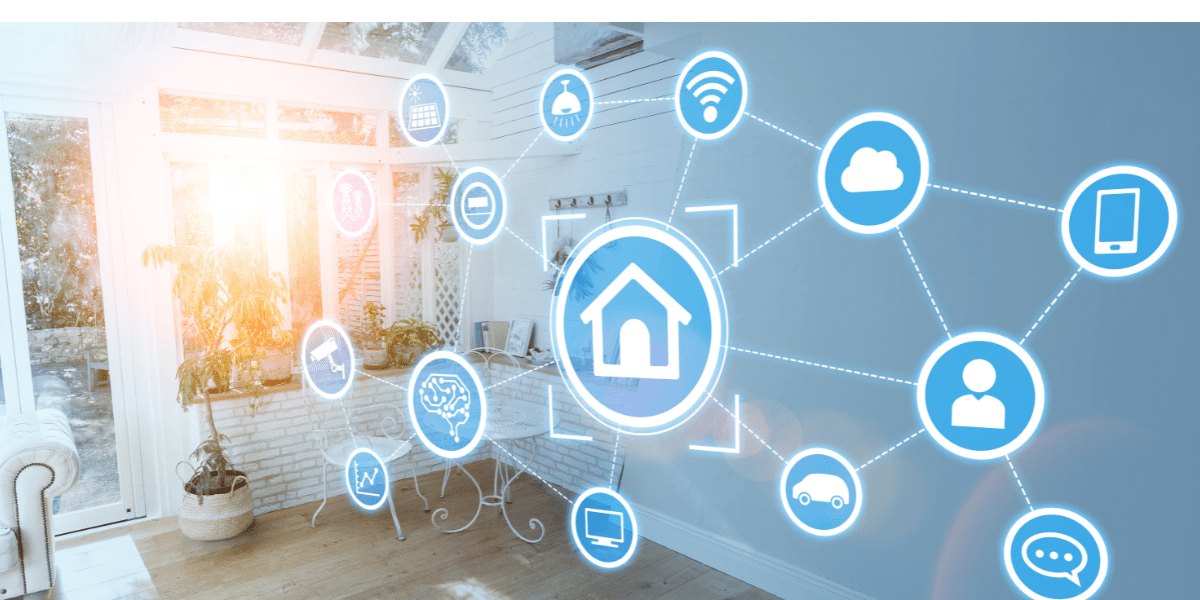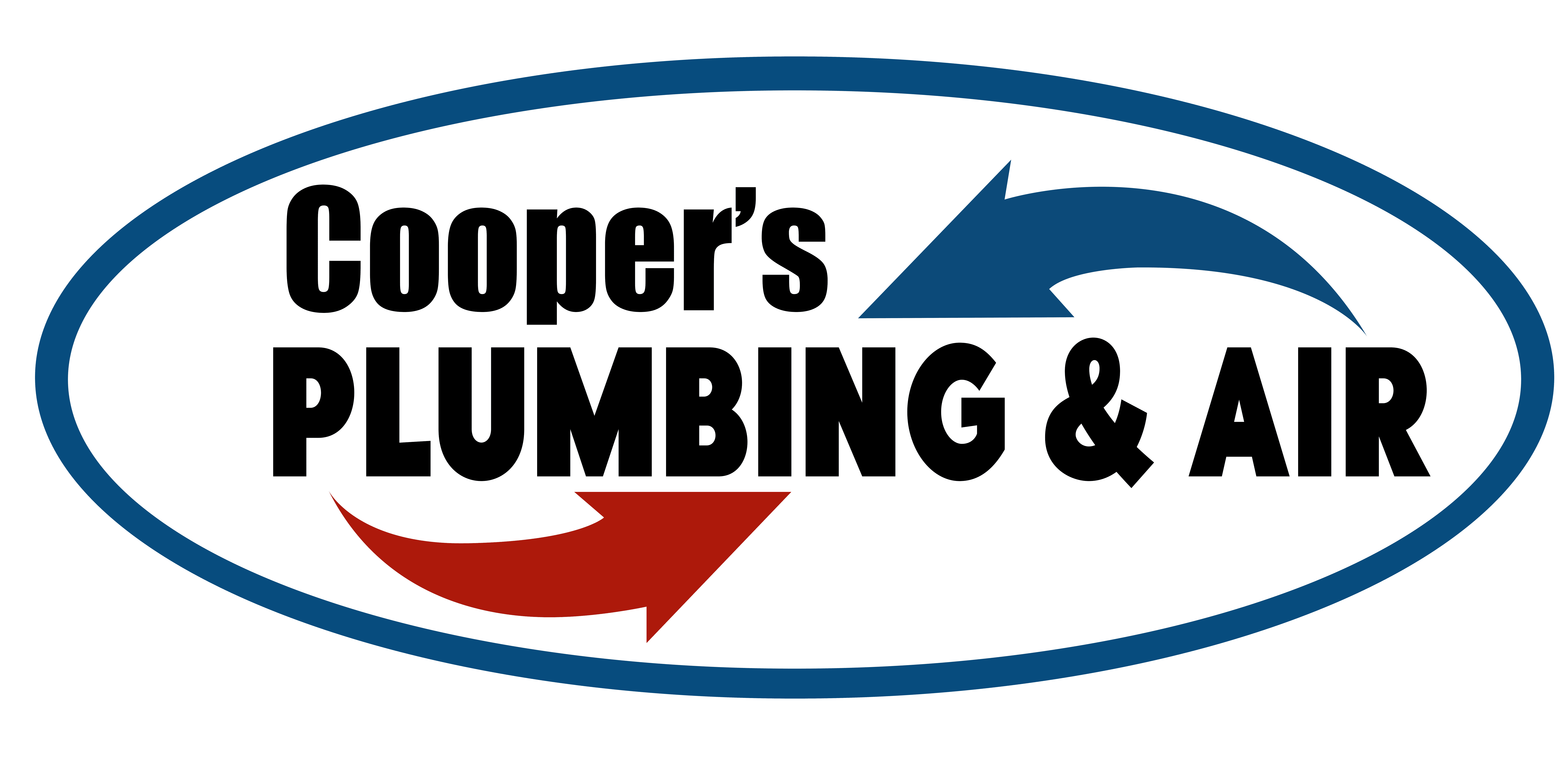
Like any other modern homeowner, you appreciate convenient comfort. However, that comfort typically comes with expenses, especially when calculating your energy usage and utility bills. Is heat or air conditioning more expensive?
At Cooper’s Plumbing & Air, we can help you estimate which option works harder and uses more energy. We address some factors that influence the efficiency of your air conditioner vs. a heating system. You’ll also discover methods to lower your heating and cooling costs.
The Differences Between Your Air Conditioning and Heating System
How do air conditioners differ from heating systems? Although both appliances contribute to indoor comfort, they often use different energy sources and require varying power levels.
Air Conditioners
Your air conditioner uses electricity to keep your house comfortable during the spring and summer. Most air conditioning systems don’t use any other energy resource to handle their cooling cycles. This reliance on a single energy source leads to more predictable energy expenses.
Mild summer temperatures traditionally range between 70 to 80 degrees Fahrenheit. Most people can quickly adjust to and feel comfortable in this temperature range without much assistance. Plus, the air in warm climates expands to take up the space immediately surrounding it.
The heat outdoors doesn’t slip through tiny spaces as readily as cooler air. However, you can’t say the same for colder climates.
Heating Systems
Heating systems may use a diverse variety of energy resources to reach a desired temperature setting, such as:
- Propane
- Electricity
- Fuel oil
- Natural gas
If you don’t own a furnace, you might have a heat pump, boiler, or radiant heat system to stay warm throughout winter. The variations in energy sources and heating methods make heating costs more difficult to track than the uniform efficiency of an AC system.
When temperatures become a lot colder, the air contracts. The more compact molecules can readily infiltrate your house in the winter. Plus, the average heating system uses more energy than its cooling system counterpart. Therefore, you often pay higher energy bills due to the temperature difference.
Is Heat or Air Conditioning More Expensive?
So, is heat or air conditioning more expensive in the long run? Heat typically costs more than air conditioning for the average homeowner. However, various factors can create exceptions to this general rule, such as the following.
Winter vs. Summer Temperature Difference
Cool climates have much milder summers and harsher winters. Therefore, a residential heating system will work harder for longer periods than an air conditioning unit.
Local Energy Prices
Both systems require specific types of fuel to operate. The overall cost of electricity often depends on the region’s average pricing patterns and current market conditions.
Appliance Energy Efficiency
Not all heating and air conditioning have the same designs and resourcefulness. Some units suck up more power than others. Choosing an energy-efficient air conditioner or heating system lowers your utility bills year-round.
More Resources Required To Reach Temperature Settings
How much time does your furnace need to finish heating your home? If you maintain high temperature settings on your thermostat, you’ll pay more for your comfort. Your heating unit will also show signs of wear and tear more quickly.
Type of System You Use
Homeowners install various heating appliances, including:
- Furnaces: Furnace models are more commonly used than the others listed below. They cost less to install. However, they aren’t as energy efficient as other models.
- Heat pumps: Heat pumps can remove heat from or add heat to an indoor environment. Therefore, this type can double as a heating and cooling system.
- Radiant heat sources: A radiant heater transfers heat via electricity or water throughout a house.
- Electrical heaters: A heater that runs on electric power is often more expensive to operate than a gas-fueled furnace. However, a space heater can help you maintain a comfortable temperature within a single room.
System Age and Lifespan
As air conditioners and heaters age, they work harder to keep you comfortable. They also need more repair services and maintenance than newer systems.
Plus, homeowners can’t control their local climate change patterns to suit their needs. However, you can alter your habits to better balance your home costs during winter weather.
How To Improve Your Heating System’s Efficiency
Homeowners who demonstrate a more proactive approach to reducing their cooling and heating costs save more money. Use the tips below when heating your home.
What You Can Do
If you want to lower the cost of heating your home, implement these money-saving habits:
- Inspect your insulation. Caulking, window treatments, and weather strips prevent air loss during the winter.
- Check and clean your furnace. Remove stored items and debris from around your furnace unit. Remember to replace the filter as well.
- Keep your thermostat set to a lower temperature during winter. While cranking the thermostat up to 75 degrees feels nice, it also raises your bills.
What a Professional Can Do
Before restarting your furnace for the winter, book an HVAC technician to:
- Inspect your HVAC components and ductwork. Your ductwork and other components collect debris throughout the year. An inspection determines which areas need cleaning.
- Recommend repair or maintenance services. Regular HVAC maintenance routines lower AC and heating costs by keeping your system in working order.
Frequently Asked Questions
What type of HVAC system reduces costs year-round?
Many HVAC technicians recommend a heat pump to reduce year-round costs. However, the best match for your home depends on your local climate, building size, and preferences.
Do electric systems cost more than furnaces?
An electric heating system costs less to install than a furnace but more to run during cold winters. However, total costs depend on local gas vs. electricity rates.
How can I choose the best heating system for my home?
Choose the best heating system for your home by speaking with a qualified HVAC technician. Outline your desires and concerns, and they’ll determine which heating systems work best for your needs.
Maintain Your Whole HVAC System With Services From Cooper’s Plumbing & Air
Is heat or air conditioning more expensive? Typically, heating costs more. However, calling Cooper’s Plumbing & Air for maintenance services can bring your bills down. Contact us at 866-464-7132 or request an appointment today!
Don’t forget to call Cooper’s Plumbing & Air when you need expert emergency services.
